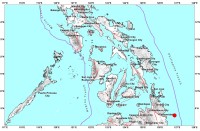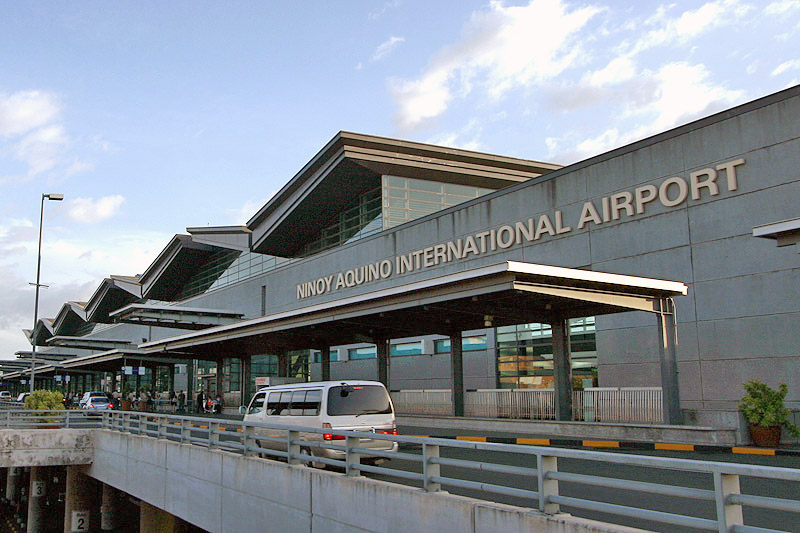Israel and Palestine are blaming each other for Tuesday’s violent attacks that claimed dozens of lives across Israel.
Israeli cities including Jerusalem and Tel Aviv on Tuesday saw the most serious attacks targeting Jewish citizens in a month-long wave of violence, with dozens killed or injured in what Israel called the “knife terror.”
Meanwhile, attacks against Arabic residents were also reported in northern Israeli cities.
The Israeli military authorities dispatched 3,000 troops to the country’s most-populated regions in an attempt to step up security, which Israeli police say has been threatened by individual attackers holding legal identity in Israel.
“I can also confirm and tell you that the terrorist that carried out the attack in the center of town today, worked for the Israeli telephone company, for the company called Bezeq, the Israeli telephone company. So he worked, came into town, inside the city for work purposes and then decided to carry out the attack,” said Micky Rosenfeld, a spokesperson for Israeli Police.
Palestinian and Israeli analysts lashed out at one another’s government for flaring up tensions in sensitive regions.
“When they see Israeli ministers like Mr. Uri Ariel – he’s a minister in the government – he enters the mosque and says there that the Temple Mount will be rebuilt instead of the Aqsa. So I don’t think that they need clearer talking about it than this, and that’s the problem I think,” said Ziad Halabi, a senior Palestinian journalist.
“I think the real reason for it is Palestine’s incitement against Israel, regarding the Temple Mount, regarding the false claim that Israel wants to change the status quo, that Israeli police are invading the Temple Mount. You know, I think that has raised the passions of the Palestinian people and that in part is to blame for this recent upsurge in violence. At present, I don’t think there is anyway to have negotiations like that when the Israeli people are under siege like this,” said David Brinn, an Israeli political analyst. (Reuters)







